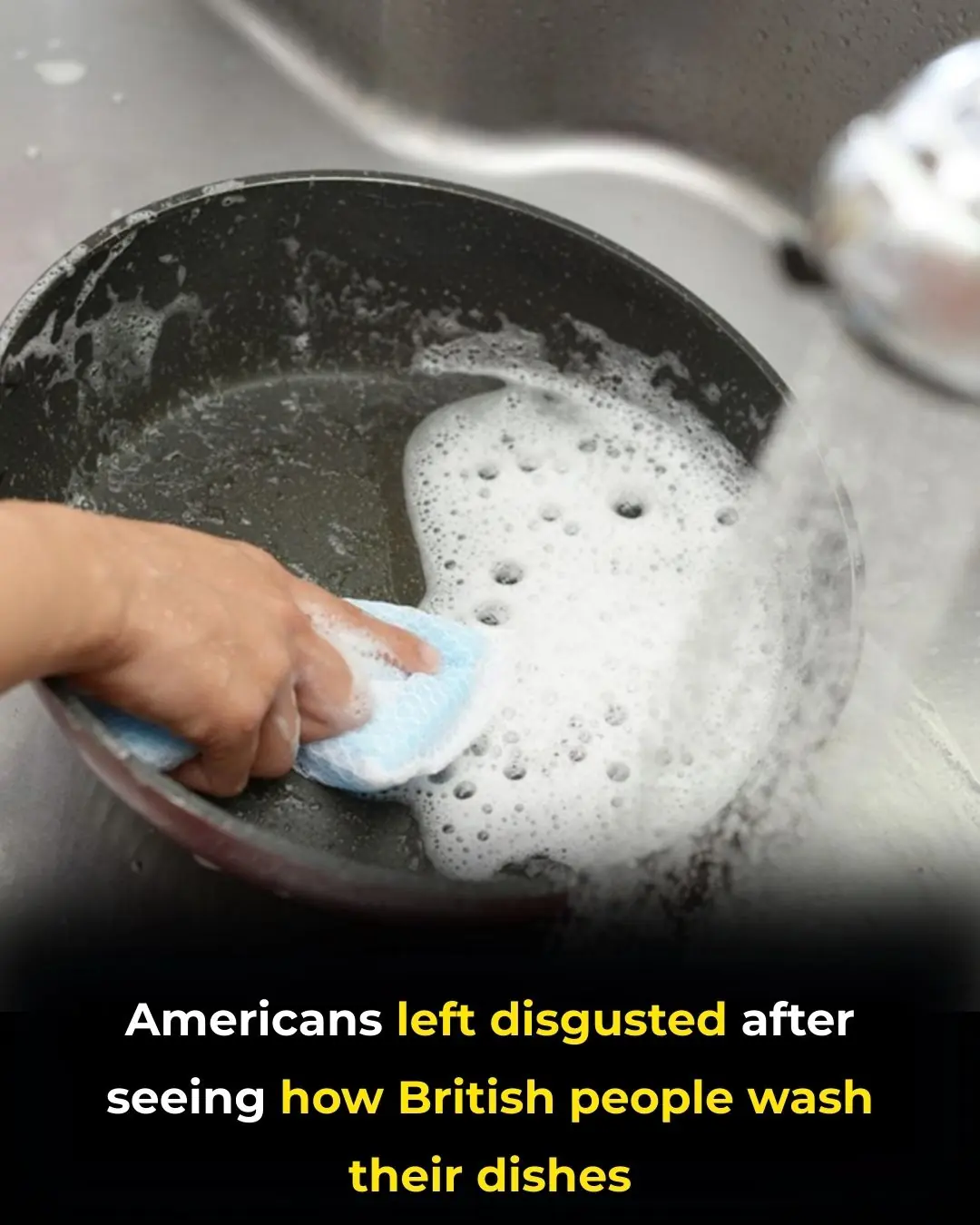
Chin Whiskers in Women
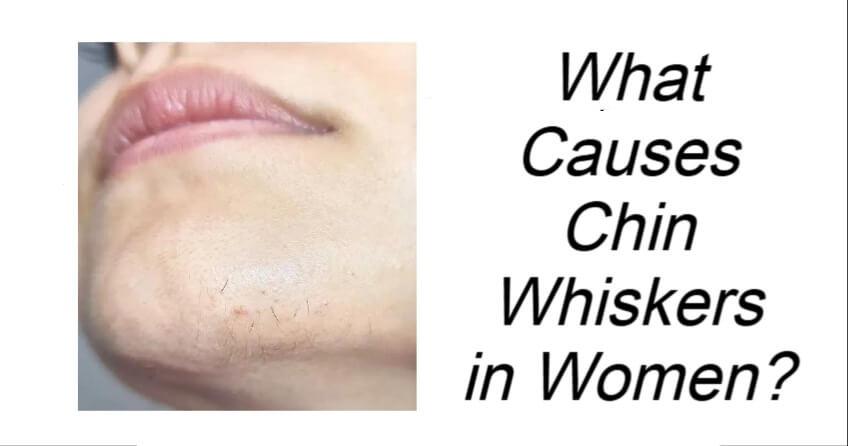
Chin whiskers in women are more common than many people realize. These facial hairs can vary widely in texture and color—from fine and nearly invisible to coarse, dark strands that are more noticeable. While some women may notice only a few stray hairs appearing sporadically, others might experience more consistent or widespread growth. Understanding the underlying causes and available treatments is key to managing this concern effectively and confidently.
What Causes Chin Whiskers in Women?
Facial hair growth is influenced by a range of factors—most commonly hormonal changes, genetics, and certain medical conditions. It’s important to understand that chin whiskers are often a normal part of aging and not necessarily a sign of a serious health issue.
In fact, many women experience occasional or gradual facial hair growth at different stages of life, especially during hormonal transitions. By identifying the root cause, women can make informed choices about how to address the issue—whether medically, cosmetically, or not at all.
The Science Behind Chin Hair Growth
Like all body hair, chin hair follows a natural growth cycle that includes three key phases:
-
Anagen (growth phase): when hair actively grows from the follicle
-
Catagen (transitional phase): a short period when growth slows
-
Telogen (resting phase): when the hair eventually falls out
A major factor in facial hair growth is the influence of androgens—a group of hormones typically considered “male,” but which are also present in women in smaller amounts. Increased levels of androgens or a heightened sensitivity to them can result in more visible or frequent hair growth on the face and body.
Genetics also play a significant role in the density, distribution, and coarseness of facial hair. This means some women may naturally have more prominent chin hairs regardless of hormone levels.
Hormonal Factors That Influence Chin Hair
1. Polycystic Ovary Syndrome (PCOS)
One of the most common causes of excess facial hair in women, PCOS is a hormonal disorder that leads to elevated androgen levels. It can also cause irregular periods, acne, and weight gain.
2. Menopause
As women transition into menopause, estrogen levels decline. This hormonal imbalance may result in a relative increase in androgens, leading to new or more noticeable facial hair growth.
3. Medications
Certain medications—such as anabolic steroids, some birth control pills, hormone replacement therapy, or drugs used to treat endometriosis—can affect hormone levels and trigger changes in facial hair patterns.
Genetic and Ethnic Influences
If your mother, aunt, or grandmother had chin whiskers, there’s a good chance you may develop them too. Heredity is a strong predictor of facial hair growth. Additionally, ethnic background plays a role. Women of Middle Eastern, Mediterranean, and South Asian descent, for example, often have a genetic predisposition to more noticeable facial hair.
These patterns are typically completely natural and not tied to any medical problem, though the degree of hair growth can vary widely even within the same family or community.
Medical Conditions Linked to Excess Facial Hair
Sudden or excessive growth of facial hair may occasionally signal an underlying medical issue. In addition to PCOS, possible causes include:
-
Adrenal gland disorders (e.g., congenital adrenal hyperplasia)
-
Cushing’s syndrome (excess cortisol production)
-
Hormone-secreting tumors (especially on the ovaries or adrenal glands)
-
Hypothyroidism (underactive thyroid can affect hormone balance)
If facial hair growth is accompanied by symptoms like sudden weight gain, acne, irregular periods, deepening of the voice, or thinning scalp hair, it’s essential to consult a healthcare professional for further evaluation.
Top 10 Ways Chin Whiskers Can Impact Well-being
-
Feelings of self-consciousness or embarrassment
-
Anxiety or stress about physical appearance
-
Time and money spent on hair removal
-
Skin irritation or ingrown hairs from frequent grooming
-
Avoidance of social or intimate situations
-
Negative body image and reduced self-esteem
-
Obsessive behaviors like constant checking or plucking
-
Strain on romantic relationships or self-confidence
-
Fear of a hidden health problem
-
Increased risk of developing anxiety or depression
The Emotional and Psychological Toll
For many women, chin whiskers are more than a cosmetic issue—they can deeply affect mental and emotional well-being. The pressure to meet unrealistic beauty standards, often reinforced by social media and pop culture, can lead to shame and isolation.
Women may feel like they need to hide this issue, even from close friends or partners. In reality, seeking support from healthcare professionals, therapists, or peer communities can help normalize the experience and reduce the emotional burden.
Cultural and Social Perspectives
In many societies, smooth, hairless skin is idealized as the beauty standard. Facial hair on women is often considered undesirable or taboo, leading to social stigma. This can influence how women perceive themselves and how comfortable they feel in public or intimate settings.
However, times are changing. A growing body positivity movement is challenging conventional beauty norms, encouraging women to embrace their natural bodies—including facial hair. Social media has also helped build communities where women share their experiences and advocate for self-acceptance.
Hair Removal Options: What Really Works?
Women have a variety of hair removal methods to choose from, depending on personal preference, budget, and skin sensitivity.
Temporary Methods:
-
Plucking/Tweezing: Best for removing a few individual hairs.
-
Waxing/Threading: Removes hair from the root, results last longer.
-
Shaving: Quick and easy but may cause irritation.
-
Depilatory Creams: Chemical-based creams that dissolve hair at the surface.
Long-Term or Permanent Solutions:
-
Laser Hair Removal: Uses light to target melanin in hair follicles; requires multiple sessions.
-
Electrolysis: A needle destroys each hair follicle with an electrical current; FDA-approved for permanent removal.
-
Prescription Creams (e.g., Eflornithine): Slows down the rate of facial hair regrowth with regular use.
Tip: Always consult with a dermatologist or licensed technician to determine the safest and most effective option for your skin type.
When to See a Doctor
It’s advisable to seek medical attention if:
-
You notice a sudden or significant increase in facial hair
-
Hair growth is accompanied by hormonal symptoms (acne, deep voice, weight changes, missed periods)
-
You suspect an underlying medical condition like PCOS or thyroid issues
A healthcare provider can order hormone tests, conduct imaging studies (such as ultrasound or CT scans), and develop a personalized treatment plan if needed.
Lifestyle Changes and Natural Remedies
Some women find relief and reduced facial hair growth through natural approaches and holistic care:
-
Maintain a Healthy Weight: Especially beneficial for managing PCOS
-
Eat a Balanced Diet: Prioritize whole foods, lean protein, and green leafy vegetables
-
Drink Spearmint Tea: Some studies suggest it may help lower androgen levels naturally
-
Reduce Stress: Chronic stress can disrupt hormonal balance—try yoga, mindfulness, or deep breathing techniques
-
Exercise Regularly: Helps regulate insulin and hormone levels
While these remedies may not remove hair entirely, they support hormonal harmony and may reduce the frequency or severity of unwanted hair growth over time.
Conclusion: Embrace Your Choice
Chin whiskers are a common and natural experience for many women—and they are nothing to be ashamed of. Whether you choose to remove them, treat the underlying cause, manage them with natural methods, or embrace them completely, the most important thing is that you make a choice that aligns with your values and comfort.
By understanding the root causes, exploring a range of treatments, and prioritizing self-compassion, you can feel more empowered and at ease. Remember: you’re not alone, and you deserve to feel confident in your own skin—facial hair or not.
News in the same category


Medicine Breaks New Ground as Ultrasound Builds Tissue Without Surgery

A Heartbreaking Survival Trick: How a Stray Cat Learned to Hide His Pain

Bears Turn Honey Theft Into a Surprising Taste Test in Turkey

Scientists Say Your Butt Shape May Say More About Your Health Than You Think

The Rare Condition That Makes Human Bones Slowly Vanish
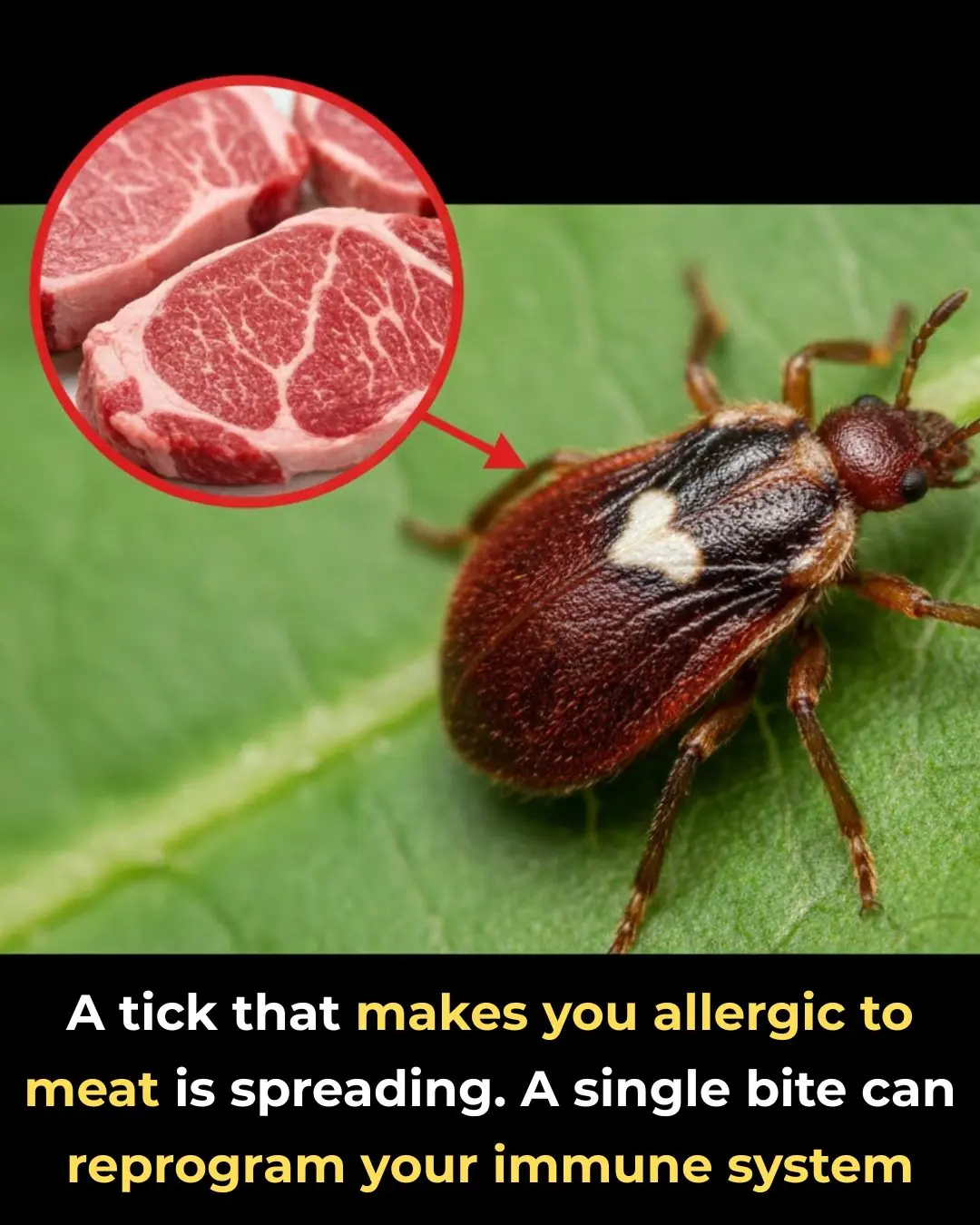
A Hidden Consequence of Tick Bites You Should Know About

Smoking, Obesity, and Hypertension: The Leading Risk Factors for Kidney Cancer

When Blue Wings Return: A Second Chance for the Spix’s Macaw

Three Friends, One Hive, and a Very Bad Idea
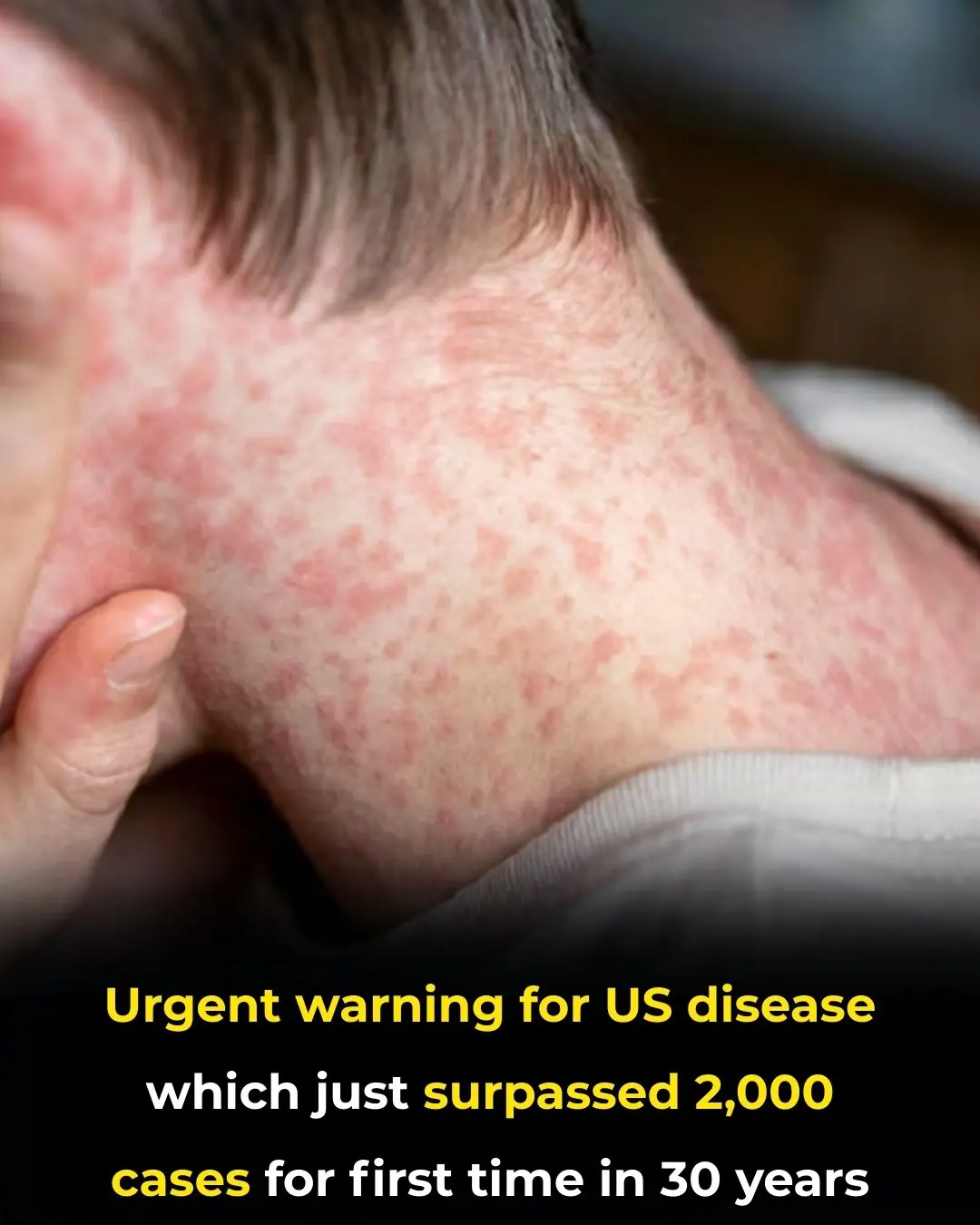
Measles Cases Hit 30-Year High in the US, Raising Urgent Public Health Concerns

Why Skipping Housework on New Year’s Day Might Bring You Good Luck

Millie Bobby Brown’s Reaction to Eleven’s Ending Goes Viral After Stranger Things Finale

Baby Name Expert Predicts the Most Popular Naming Trends for 2026

No Fines, No Enforcement: How Trust Worked During Japan’s Toll System Failure

This “Easy” Puzzle for Kids Is Completely Stumping Adults

Beavers Build a Dam in the Czech Republic, Solving a Years-Long Environmental Problem

Social Media Users Agree on the Most Painful Physical Experience — and It’s Not What You’d Expec

James Webb Space Telescope Reveals Hidden Mid-Infrared Flares from the Milky Way’s Central Black Hole
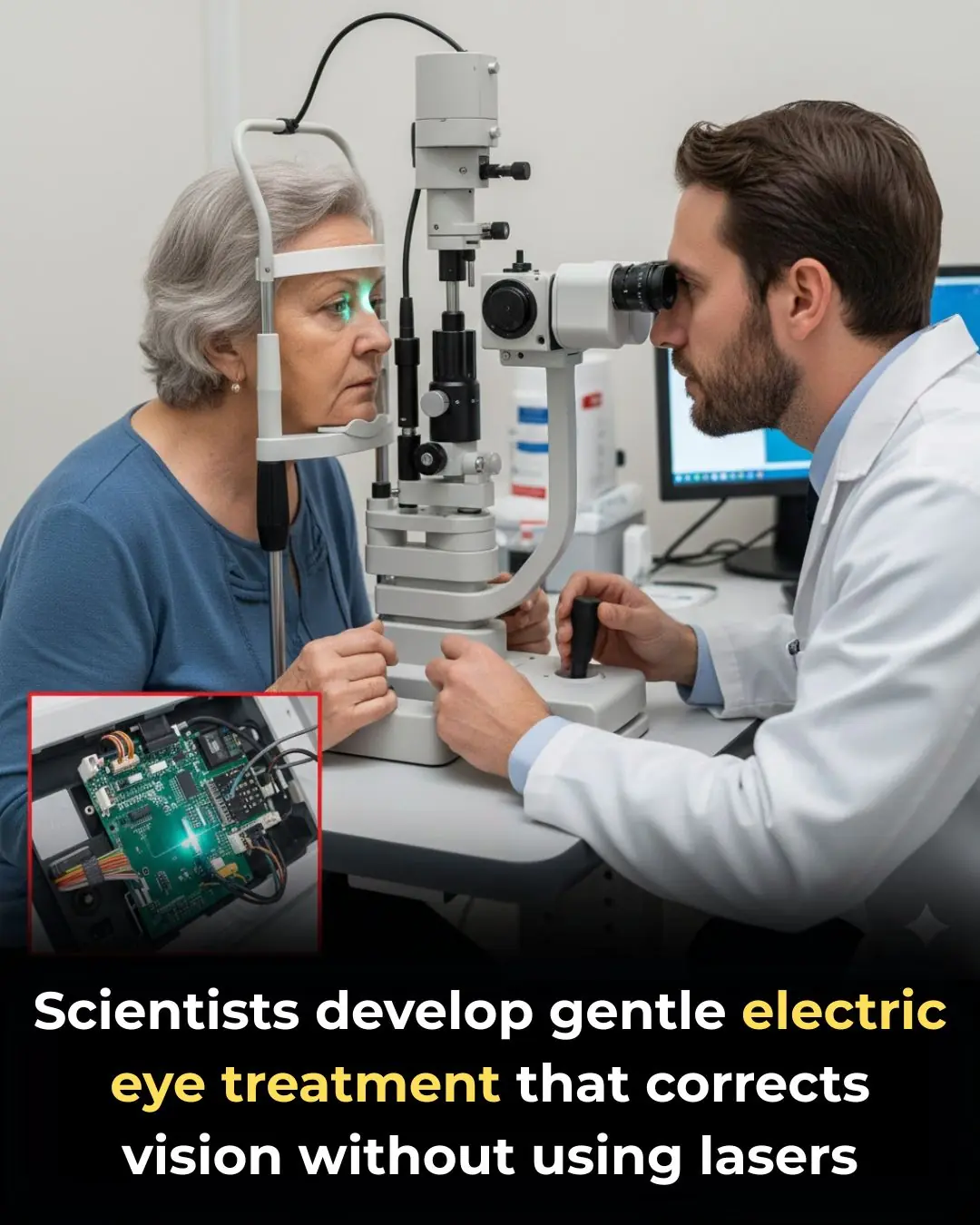
New Vision Correction Technique Reshapes the Cornea Without Surgery
News Post

India Creates History at the Asian Para Youth Games 2025 🏅🇮🇳✨

Toxic Teaser Storm: Yash Redefines Cinematic Hype 🎬🔥

India’s Next Rail Leap: Vande Bharat Sleeper Train Aces Final High‑Speed Trial 🚆🇮🇳

Dashavatar: Marathi Cinema’s Historic Leap to the Academy Awards 🏆🌍✨

Supreme Court of India Reaffirms Merit in Public Employment ⚖️🇮🇳

The iBomma Shockwave: How Immadi Ravi’s Arrest Exposed a Cybercrime Empire 🎬🔥

Steaming crab often results in the claws falling off and a fishy smell, but a chef reveals: Just follow these steps and the crab will be sweet, the meat won't dry out, and it will be incredibly fragrant.

Don't put shrimp in the refrigerator right away after buying them; add one spoonful of this sweet seasoning and they'll stay fresh for a long time.

When simmering bones, you absolutely must add these three spices; the broth will be clearer and incredibly fragrant.
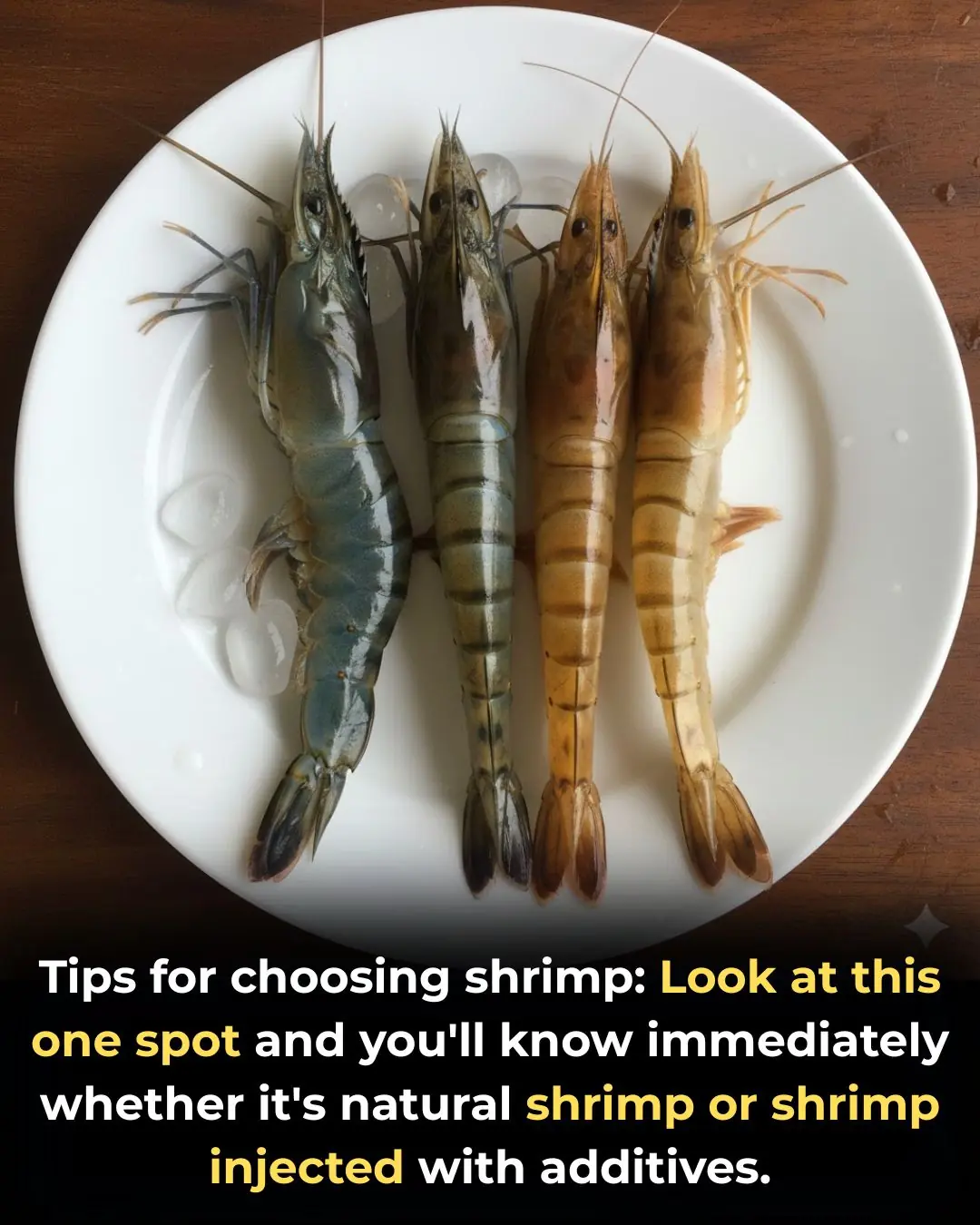
Tips for choosing shrimp: Look at this one spot and you'll know immediately whether it's natural shrimp or shrimp injected with additives.

How to use baking soda correctly for more effective cleaning.

How Swimming Rewires the Brain and Strengthens Cognitive Health

A mistaken text connected them. Now they’ve become one of America’s favorite Thanksgiving traditions

Four Golden Times to Drink Coffee for Maximum Health Benefits

With just two ice cubes, you can achieve surprisingly delicious and fluffy rice!

Cut an onion and place it in the corner of your bed overnight. You will see a miracle the next morning.

Regularly eating tofu can cause four unexpected changes in the body.

7 foods that, if cooked once and not finished, should be thrown away instead of being kept overnight in the refrigerator or reheated, as it's extremely harmful.

Pickled onions for Tet (Vietnamese New Year) only require one ingredient readily available in the kitchen; the onions become fragrant, crispy, and have a uniquely delicious taste.
